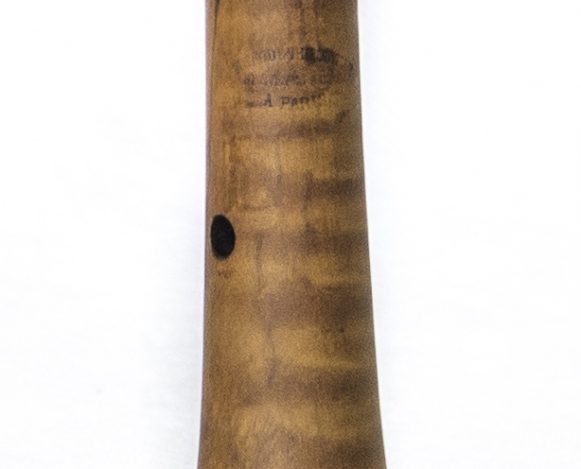
Production start date: 1857
Production end date: 1961
Jérôme Thibouville-Lamy (1833-1902) founded the company named after him in 1790, which became one of the largest musical instrument factories in the late 19th century. Thibouville-Lamy was a descendant of the French Thibouville family, which since the 17th century was dedicated to the manufacture of wooden and metal instruments.
In 1857, Jérôme became part of the company ‘Husson-Buthod & Thibouville’ and in 1867 he became the sole owner. Jérôme mechanized production and started manufacturing affordable musical instruments. By 1878, there were four factories in France employing 420 employees in total, where string and wind instruments were produced, as well as organs and mechanical instruments. In its heyday, Jérôme Thibouville-Lamy produced excellent instruments from the brass family, such as trumpets in C with four and five valves and French horns in F/B flat with an ascending third valve.
In 1889, Jérôme’s sons, Louis Jérôme Emile and Alexandre Alfred Acoulon, began to manage the business and a branch was opened in New York, around 1895. The firm continued to produce throughout the 20th century, but with a smaller amount of employees; in 1926, it employed a total of 100 people in 6 factories. Years later, in 1961, during the presidency of Acoulon, it ended its activities.
The London branch remains in operation, as a dealer of musical instrument accessories.
Additional names: Husson-Buthod & Thibouville
References: GROVE MUSIC ONLINE, 2014.






